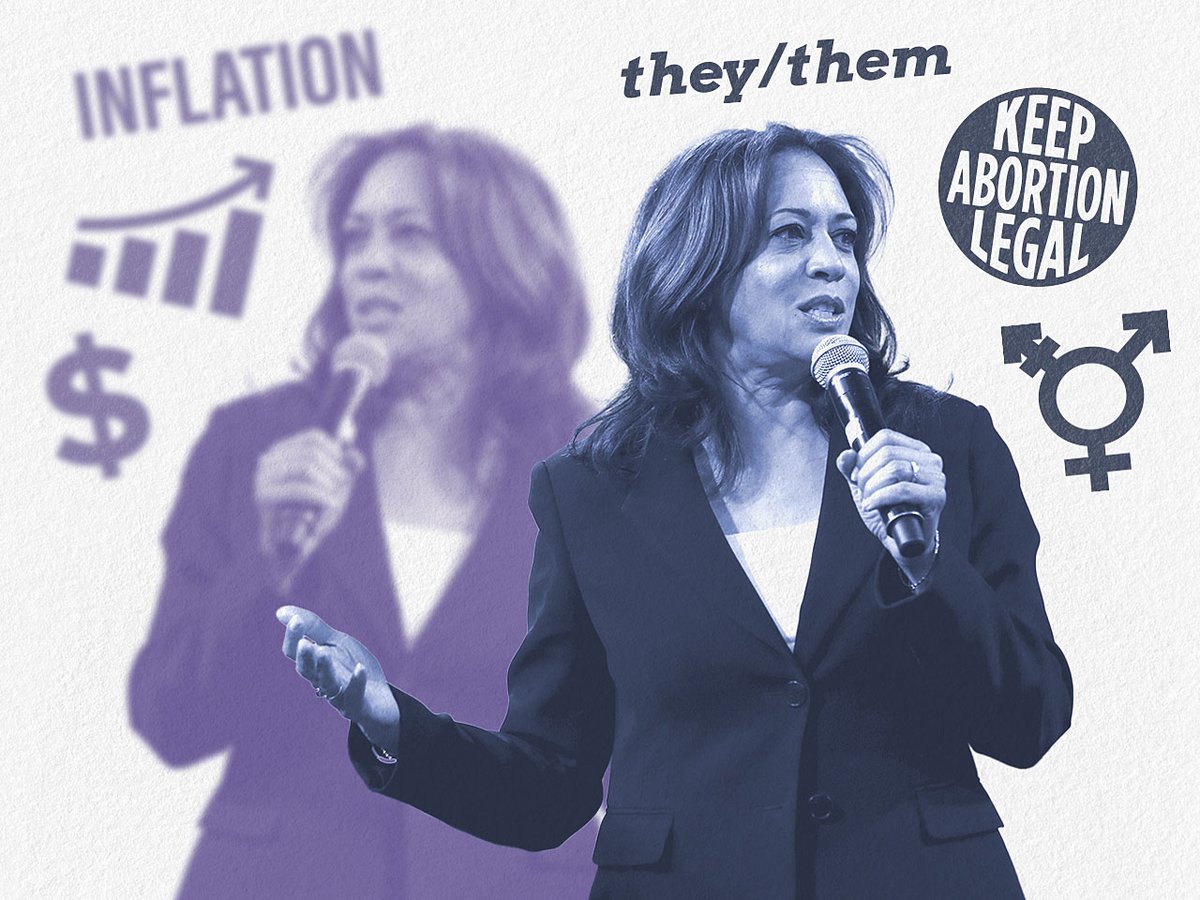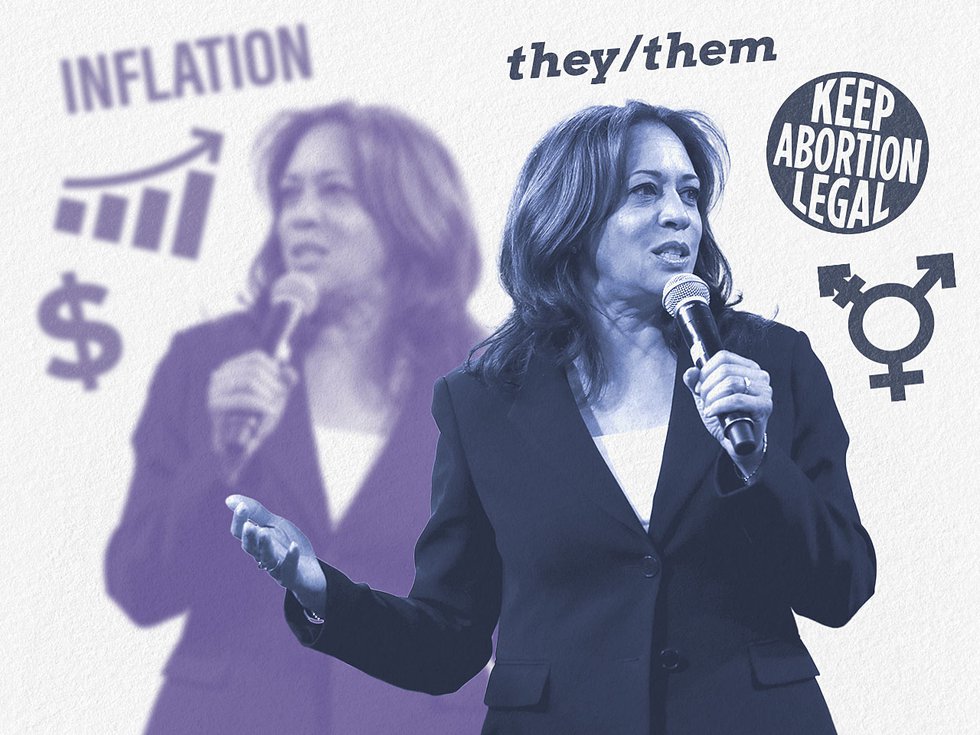Wisconsin’s Democratic Party leader Ben Wikler appears to have a good chance to become the next national Democratic Party Committee chair. He’s gotten rave reviews in a lot of influential places, including the opinion pages of the New York Times.
If it pans out, this would be good. Wikler is highly regarded, even by Republican political pros. He’s proven that he can raise money, organize campaigns, recruit candidates, and be an effective spokesperson. He’s got all the tools for the job and it helps that he understands the Midwest, the most crucial region of the country when it comes to presidential elections.
So, I hope Wikler gets the nod. But here’s the thing. The problems the Democrats have are not technical. They outspent the Trump campaign by a half billion dollars and still lost. They out-organized Trump and still lost. Democrats do not lose campaigns for lack of money or organization.
Democrats lose campaigns because too many voters don’t like what the party has become. More accurately, they don’t like how they perceive what the party has become. In a recent article in the Atlantic, two researchers wrote about a survey they conducted after the Nov. 5 election which asked people what they thought the top priorities were for Democrats and Republicans. Then they asked self-identified Democrats and Republicans what their top priorities really were.
For Republicans, things matched up pretty well. What the general public thought were the priorities of Republican voters came close to what those voters themselves listed as important. But for the Democrats there was a wild mismatch. People thought Democrats’ top priority was abortion when Democrats themselves said it was the economy and inflation. (It’s important to emphasize here that these are the priorities of rank-and-file Democratic voters, not politicians, party officials or what’s stated in the party platform.)
Most strikingly, the general public thought transgender issues were the second most important issue to Democrats, when in fact it ranked 14th on their list. This perception came back to haunt Kamala Harris when the Trump campaign ran an ad hammering away at this issue, ending with the tagline, “Kamala is for they/them. President Trump is for you.”
Even Democratic strategists saw how effective that message was. When they tested it, they found it moved voters to Trump more powerfully than any other argument.
My own view is that it was effective not just because of the issue itself, but because of the overall image it conveyed about Harris — that she was far outside of the mainstream. You care about the price of groceries while she cares about things important to only a very small slice of Americans.
So, the problem for my party is largely one of perception. We are, in fact, a party of center-left moderates who are concerned about the things most Americans worry about. Yet, the party’s elite hard-left is deeply invested in issues of racial and gender identity. And it’s that hard-left elite that defines my party in the American mind, not the more moderate, mainstream views shared by the vast majority of Democratic voters.
In short, Democrats lose elections they could win because of how a relatively small group of very outspoken extreme liberals shapes public opinion about the party. We are perceived as being the party of Alexandria Ocasio Cortez, when in fact we are closer to being the party of Joe Manchin.
Despite all this, there’s a very good chance that Democrats will do well in the 2026 midterm elections and I’ll bet they’ll win the important state Supreme Court race here in Wisconsin come April. I think they’ll win the court race because it will once again center on abortion and union rights and because Trump voters don’t show up in elections when he isn’t on the ballot. They should do well in the midterms because the party out of power almost always gains seats in midterm elections.
But if the party were to be correctly defined as represented by its rank-and-file moderates, it would be the long-term governing party in the United States. The fact that it instead struggles against a party of authoritarians, bunglers and crooks is testament to how much damage the high-profile hard-left does to its interests.
This is all part of something even bigger. There is a worldwide upsurge in hard-right populist movements and it’s hard to resist that tide. But the reason for that movement is that the economic and cultural gap between college-educated, relatively affluent and mostly urban elites and everybody else has widened to the point that a backlash is happening. The main focus of the Democratic Party has to be to address that, which means finding ways to narrow those economic and cultural gaps.
What’s needed, as I’ve written many times in the past, is an organized, more assertive branch of moderates within the party. But there’s no reason to think that Wikler, or any of the other candidates for party chair, will provide that needed centrist voice. That role is about making the trains run on time, not rebuilding the engines.
Ben Wikler has great energy, he’s a highly effective technocrat and his Midwest roots would be welcome in a party dominated by the coasts. But until the party’s image starts to better align with what its rank-and-file really cares about, it’ll continue to lose elections it should win.
Dave Cieslewicz is a Madison- and Upper Peninsula-based writer who served as mayor of Madison from 2003 to 2011. You can read more of his work at Yellow Stripes & Dead Armadillos.


